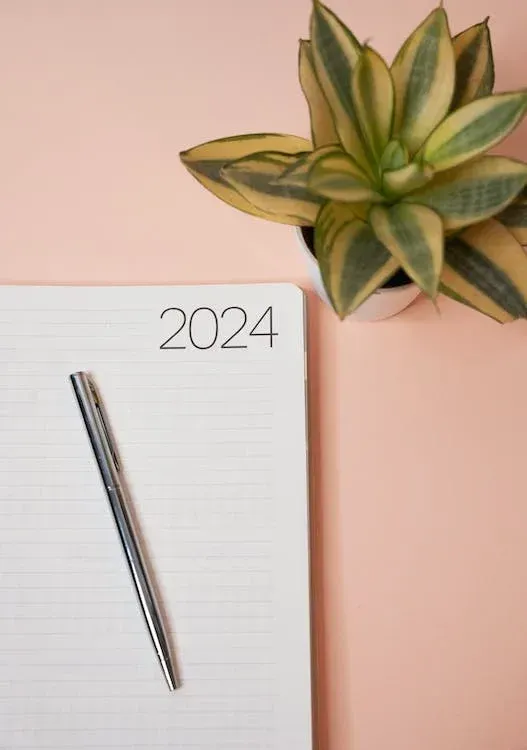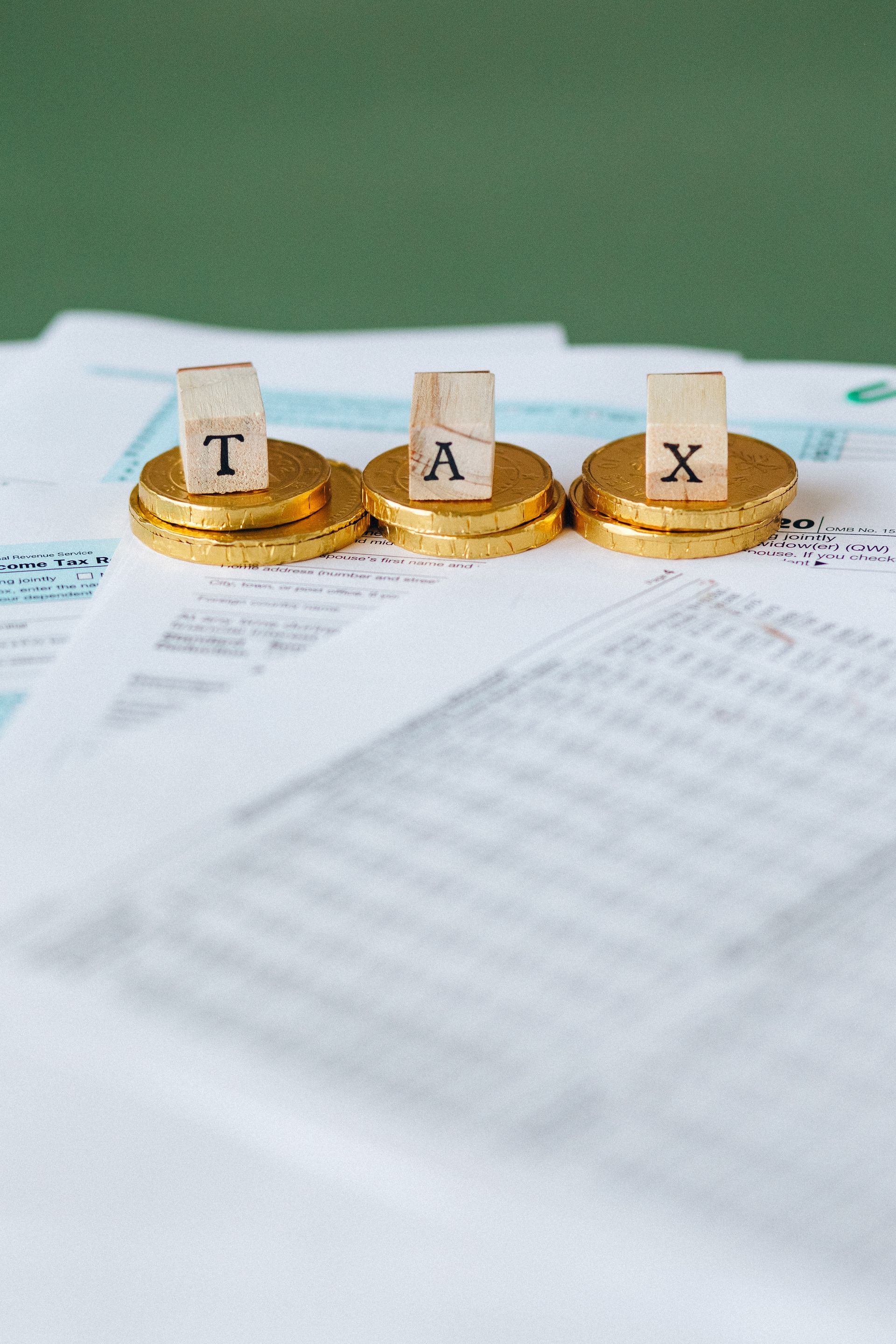What happens now I’ve paid off my mortgage?
If you have managed to pay off a mortgage, it’s the perfect time to refocus your objectives and kick start your retirement plans.
Ask someone about their life-changing moments and they’ll probably say when they met their partner, the birth of their children, and collecting the keys to your first home.
Much less celebrated is the milestone of finally paying off your mortgage, however completing the repayments is a major personal achievement; you may have spent 25 years or more setting aside income, considering interest rates and calculating mortgage deals. And while this landmark may be less romantic than that first date, in many ways it’s no less life-changing.
Not only will you own outright what is probably your biggest asset, you also will have access to a sizeable sum each month that previously was earmarked for your lender.
And while it might be tempting to use this newfound cash on a holiday or car , it’s a golden opportunity to review your current budget, savings and retirement plans to see if you’re using it most effectively.
There’s a good chance when you pay off a mortgage that you’re approaching peak earnings, family expenses may ease as children grow up, and sometimes income is augmented by an inheritance or savings maturing. It’s a perfect time to refocus.
However, paying off a mortgage doesn’t always translate into increased saving. The Institute for Fiscal Studies found that when owner-occupiers in their 50s and 60s paid off their mortgage, there was little change in their pension saving – even though they benefited from more than £200 per person on average.*
It’s therefore critical to spend time thinking about how best to use those extra hundreds of pounds per month that are freed up by no longer having mortgage payments.
The amount per month may seem relatively modest, so it’s easy to allow it to merge into a household budget or day-to-day spending.
"Think how powerful that amount could be – and you wouldn’t miss it, as you’ve had to pay the mortgage monthly for the past 25 years anyway."
Thinking well ahead
As with all financial planning, it’s never too early to start thinking about how to balance paying off your mortgage with saving for retirement.
If, for example, you pay off your mortgage at 57 and work until you’re 66, you will have nine years of monthly savings to contribute towards your retirement.
And if that retirement is the long, healthy one we all aspire to, those additional funds may be vital. If you are a 50-year-old man of average health today, the Office for National Statistics life expectancy calculator suggests you will live until the age of 84; if you are a 50-year-old woman with the same reasonable health, you are forecast to live until 87.**
That would mean there are usually around 20 years after state pension age that will need to be funded – whether you’re just taking life a little easier, starting a brand new business, or fulfilling ambitions for travel, your family or other personal passions.
Now consider how the money freed up by paying off your mortgage can have an impact: If you save £500 per month after a mortgage term has expired, this will add up to £60,000 over 10 years – possibly significantly more depending on how it is invested and allowing for tax relief on your contributions’.
Decisions that are right for you
If you don't know where to start, talking to a financial adviser can help you navigate through the different choices, and ensure your money is working as hard as it can be.
Not only will they check up on your short- and long-term savings and spending needs, and the current state of your pensions, ISAs, investments and other assets, an adviser like myself can also look at the most tax-efficient use of the extra money to achieve your retirement goals, for example increasing your pension contributions or making better use of ISA allowances.
Or, if you prefer to consider other priorities, expert guidance can help here, too.
The Covid-19 Pandemic certainly made many of my clients reassess their priorities and in some cases, accelerate their retirement plans to spend more time with family and friends."
Remember that monies freed up after a mortgage is paid off can help with many objectives - some might want to help their children, or to simply enjoy themselves through travel and comfort as they get older. But a balance between these desires, coupled with informed advice will give you the widest choice, and help keep inheritance tax at bay - this is another critical element to remember as you enjoy that warm feeling of truly owning your own home – with no mortgage to pay.
The value of an investment with St. James’s Place will be directly linked to the performance of the funds selected and may fall as well as rise. You may get back less than the amount invested.
The levels and bases of taxation, and reliefs from taxation, can change at any time and are generally dependent on individual circumstances.
* How does pension saving change when individuals complete repayment of their mortgage?, Institute for Fiscal Studies, Dec 2020
Check out more of my articles







